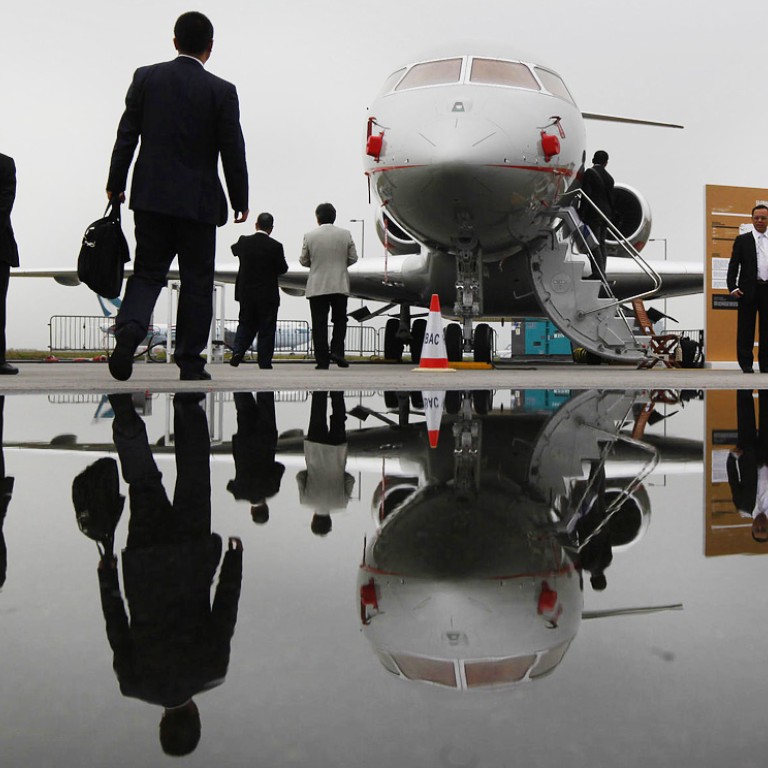
Why Hong Kong is losing its entrepreneurial spirit
The spirit of enterprise that helped define Hong Kong is being eroded by cronyism and, more recently, political correctness as the barriers rise
Hong Kong has no official religion, but for many decades, a fervent belief in capitalism served in its place.
That belief is now in question, and this has considerable implications for doing business in the city.
Gone are the days when Li Ka-shing was celebrated as "Superman" and, indeed, gone are the days when the public turned to corporate leaders as the fount of all wisdom.
Instead, there is growing scepticism about the activities and power of the big corporate tycoons, and there is a growing backlash against both the very concept of capitalism and its most prominent exponents, as many people come to believe that we are now witnessing a clash between the business elite and the rest of society.
Some go further and bluntly state that Hong Kong has a selfish elite that is banding together to thwart ordinary people's interests.
It is surprising that sentiments of this kind have gained such credence in a place like Hong Kong, where enterprise was admired and flourished because this society is based on a self-selected group of ambitious and determined people who immigrated here, worked like mad and transformed their lives.
Contrary to starry-eyed myths, there was never a truly level playing field for those aspiring to start a business, but there certainly was enough space for even the least moneyed aspirant capitalist to have a go.
But that "have a go" spirit is sinking fast, as was demonstrated a decade ago by researchers at Chinese University, who published a study showing that Hong Kong's total entrepreneurial activity rate was far below the world average and largely confined to consumer services.
If anything, the barriers thwarting entrepreneurs have been raised by the prevalence of cartel arrangements, prohibitively high rental costs and a shrinking pool of funds for businesses with little capital.
But does it really matter? After all capitalism has hardly collapsed, and there is little appetite for the kind of socialist system that so many people came to Hong Kong to escape from.
Even those already established in the business world but outside the tycoon class can expect little from supposed representatives of business.
The last time I met Tommy Cheung, who represents the catering sector in the legislature, he airily dismissed the idea that the No 1 issue for most of us was unaffordable rents.
It is no secret that this stems from control of the property market by a small clutch of companies, aided and abetted by government policy squeezing competition out of the market.
Thwarting entrepreneurs ... [is] the prevalence of cartel arrangements
Cheung must be spending too much time with the landlords, because if he bothered to consult the vast majority of his constituents, he would know what troubles them. When even a representative of a rotten borough won't look after the interests of the majority in his rotten borough, draw your own conclusions about how much attention is paid to everyone else.
The obstacles facing the vast majority of Hong Kong businesses and the whittling down of the spirit of enterprise have a number of knock-on effects. At one level, they reduce social mobility, but at another, they result in a less dynamic economy.
Look what happened when the bottom fell out of the market for plastic flowers in the 1960s; the wily operators in this field quickly moved into the manufacture of other goods, such as toys. Would that kind of reinvention happen today?
Or do we take comfort from the idea that capitalism is tough and ensures the survival of the fittest? That would be fine if people really believed survival of the fittest actually meant that companies thrive solely because of their business acumen. However, it seems that the fittest are simply those who benefit from cronyism and that business survival has become a case of whom you know, not what you know.
Also creeping into the equation are the kind of political overtones that have done so much to diminish enterprise elsewhere in Asia. We recently saw the Big Four accountancy firms plunging into the debate over universal suffrage with a well-publicised statement decrying Occupy Central.
These same firms that operate in New York and London were sensible enough not to comment on the Occupy movements in these cites. However, in Hong Kong, they apparently felt the heat of political pressure, which overcame the prudent focus on the usual activities of accountancy companies. Does this mean that political correctness has become a requirement for companies seeking to flourish?
It is not being suggested that the entrepreneurial spirit has been extinguished, but it is certainly being diminished, and I know from experience that some entrepreneurs who had considered Hong Kong to be the ideal place for their businesses are now beginning to think that they would be better going elsewhere.

